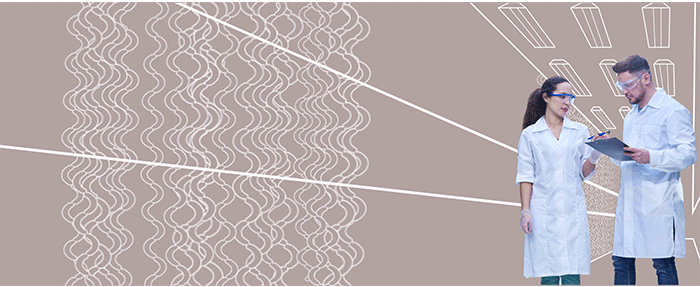In this blog, Peter Debenham gives his opinion on the future of the meat industry, and its disruptive lab-grown developments!
My Prediction:
With the development of laboratory grown (cultured) meat which has the taste, texture and flavour of animal meat, eating farmed animal meat becomes increasingly ethically unacceptable.
Currently many upland areas of Europe are dominated by grazing animals with consequential open grassland grazing areas attracting walkers and other tourists enjoying the open view. Grazing animals thus support not only direct employment of farmers but underpin the tourist economy.
There is an assumption that if you lose farmed animals from the countryside, there will be increased biodiversity and more recreational spaces for humans. However, with loss of grazing animals there is a rapid, thick reforestation. This is great for wildlife and habit diversity but with the loss of open views, much of our rural tourism disappears. At the same time the farmers disappear and the uplands rural economy shrinks yet further.
Cultured Meat
Cultured meat has been a staple of science fiction for many years (e.g. Two Planets, Kurd Lasswitz, 1897) but since 2013 it has started to be commercially developed by a variety of academic and commercial organisations as proto-types. It is expected that some products could be on the market by the end of 2019.
Due to the control that will be exercised over production it can reasonably be assumed that cultured meat will be at least as safe (lack of antibiotics) if not safer and healthier (better nutrient balance) as livestock-sourced meat. Assuming also that the resulting product is palatable, cultured meat will rapidly raise significant environmental and ethical questions.
Fortunately various surveys suggest that cultured meat will have a much lower environmental impact than livestock-sourced meat, especially beef. Energy use is the only area where there are residual environmental concerns and even here opinion is divided. Given the growing desire of people to eat more meat plus the current ‘vegan’ lifestyle promotions, achieving a successful adoption of cultured meat seems that it would be of great overall benefit to humanity.
More interesting are religious and ethical questions. Is cultured meat Kosher (broadly opinion is yes), Halal (possibly) or acceptable under Hindu dietary rules? Would this change if the source genetic material was from an animal which is not itself Kosher/Halal? Probably but there is divided opinion. How about if the genetic material is acceptable but the flavour altered to match something else which is not (The Food of the Gods, Arthur C. Clarke, Playboy, 1964, for an extreme example)? Overall religious and ethical concerns do not seem to stop the adoption of cultured meat.
These ethical questions can additionally be examined from another direction. How many current vegetarians (or even vegans) who choose their diet from a concern about treatment of sentient animals would accept cultured meat. Indeed are many current meat eaters only barely tolerating the mass slaughter necessitated by our own diet? If so the appearance of “ethical” meat at a similar price-point to livestock could drive a near overnight conversion in the behaviour of billions of people as they adopt a policy that seems more kind and humane.
The future of livestock farming
If in the future, the majority of our meat is produced via laboratory methods, what happens to the traditional industries that have been disrupted? We hope that rural areas will not enter into economic decline, and farmers will be able to train in modern farming techniques. Much livestock farm land is unsuitable for arable, but perhaps these are the areas that can adopt a variant of vertical farming? Or perhaps there will be big enough government subsidies for farmers to continue to be custodians of the land, without needing to make a profit from livestock.
Cultured meat could produce the one of the greatest changes to our diet, and therefore our agricultural landscape, since early domestication of farm animals in the Fertile Crescent about 10,000 B.C. and it could happen within our lifetimes.

